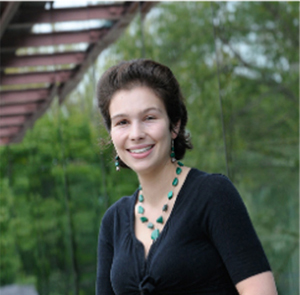Asya Sigelman

Academic Departments
Education
Ph.D. Brown University
Areas of Focus
Homeric epic, Greek lyric, Attic tragedy, the novel from Antiquity to the 20th century
Biography
Personal Statement
For me, the thrill of teaching comes from one of the foremost challenges posed by the paedagogic process: the question of relevance. I strive to equip my students with tools that allow them to grasp the subject matter as immediate and relevant to them personally and to the surrounding world at large: How does the lyric persona of ancient poets influence the lyric “I”—and, more broadly, the common everyday “I”—of our modern world? How are our perceptions of war and peace elucidated by those of Homeric or Aristophanic heroes? What is the relation between Pindar’s difficult poetics and the subsequent tradition of Western poetry? What do the syntax and vocabulary of ancient Greek tell us about the linguistic potentials of our own language?
I am excited to be here at Bryn Mawr, where small classes and enthusiastic students create the ideal environment for such a mode of inquiry. Thanks to my students’ mature inquisitiveness, I repeatedly find my courses to be fueled by and, in turn, to be adding precious new fuel to my own scholarship. In my research, I pursue a synthesis of traditional Classical philology with modern perspectives and rigorous textual analysis with the approaches of literary theory. I am currently working on a monograph on time and space in Pindar, where I tackle the long-standing issue of compositional unity in Pindar’s odes by analyzing how the poet’s lyric “I” inscribes itself into the world of its song and, from within the song, establishes the interconnection of past, present, and future. Situating the issue of Pindaric unity within the context of the epic-lyric relationship, I argue that Pindar’s odes, far from being a short-lived experimentation in an obscure poetic genre, are a fundamental building-block in the development of Greek—and, ultimately, Roman—poetics. It is this approach to Pindar that has inspired several other ongoing research projects; among others, an article on prophecy and the role of the chorus in Sophocles’ Oedipus at Colonus and an exploration of the theme of homecoming in Longus and Apuleius.